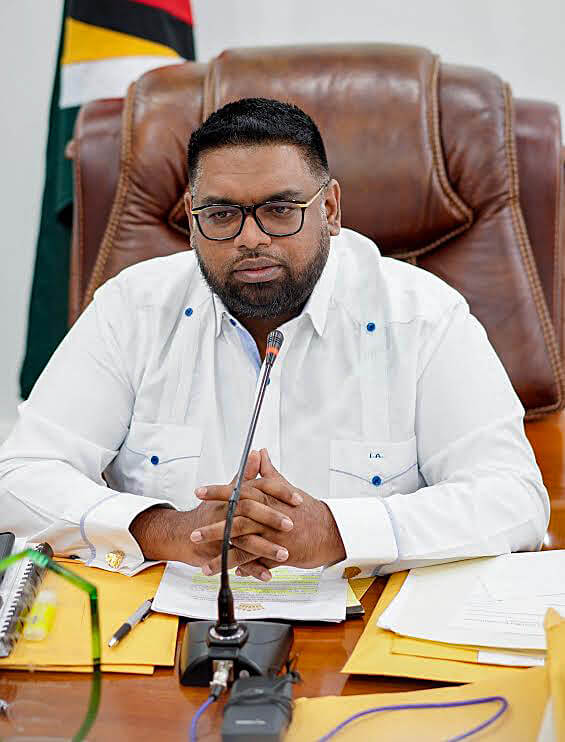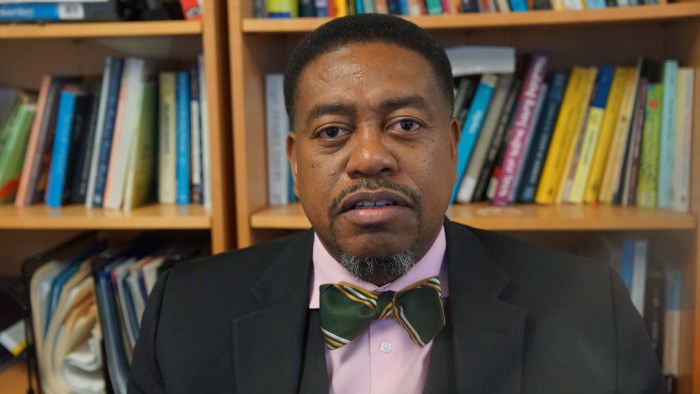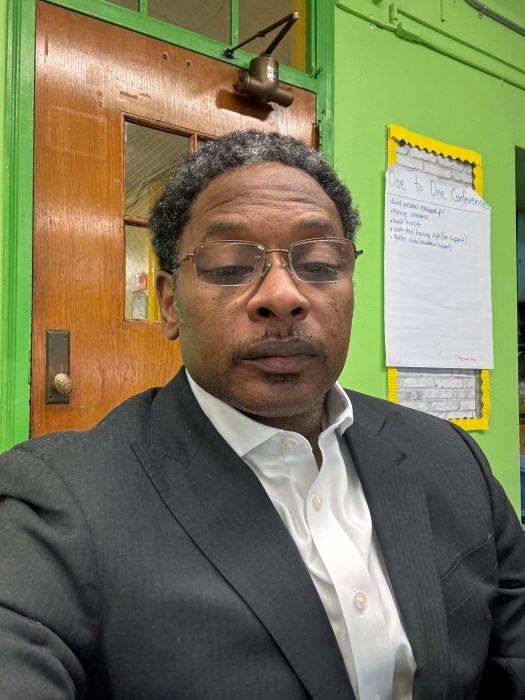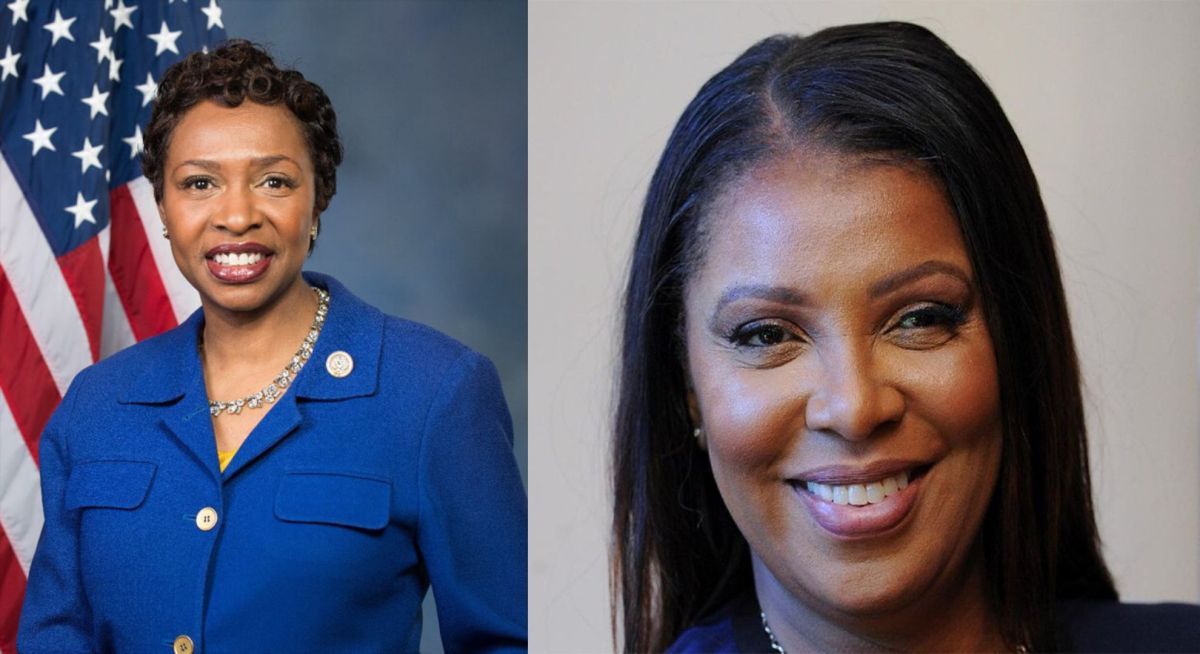President of Guyana, Dr. Irfaan Ali told diasporans that they play an integral role in helping to build a better Guyana, and added that his government is vigorously pursuing policies to ensure that they are involved in the process, during his address to a May 22,Virtual Diaspora Conference that attracted more than 500 participants.
“As we navigate into the future, we would like the hands of the Diaspora to be a key element in the new Guyana that will bring with it great opportunities, great prosperity. The unification and coming together of the Guyanese people is paramount to the prosperity we will achieve,” he added.
“I want to take this opportunity to thank all of you sincerely for your interest, your time, your dedication, and your commitment. Indeed, during very difficult times, it is remittances and the contribution of the Diaspora that saw many Guyanese breaking the barriers of extreme poverty,” said the politician.
“It is the remittances from Guyanese in the Diaspora that contributed significantly to the eradication of many social problems. It is your commitment over the years that have helped us during many difficult times,” Ali said.
He said that influence, investment, information, identity, and integration are pillars of the Diaspora engagement that are important to nation building, and called on overseas Guyanese to use these qualities to help develop the lives of their fellow Guyanese.
Ali noted the challenges the country is facing due to the coronavirus and asked diasporans to explain to relatives and friends the importance of being vaccination.
“It is not mandatory, but it is necessary for normalcy to return and the country to move forward,” said the president, adding that the gesture would be greatly appreciated.
He added, “What we want to achieve is not only prosperity for the people in an economic and monetary way, but for us to leave lasting prosperity. We have to have social development, political development and economic advancement.”
In this regard, he acknowledged that key areas need to and will be addressed, including access to healthcare, education, security, infrastructure, and access to affordable and reliable energy.
“We’re talking about world-class education and health systems for all Guyanese, and included in that too are plans and a strategy for investment that would see healthcare services for members of the Diaspora too.”
He revealed that work has already commenced on a comprehensive strategy to address security, as this is an important factor in the Diaspora’s decision-making process.
President Ali promised job security for skilled members of the Diaspora, who are interested in taking up positions in the government, and assured public servants, at home that there is no threat to their livelihood.
“Professionals and true public servants, you have nothing to fear; but there is a line between professional and political, and I have made it very clear we have to make choices. If you are a politician, don’t hide it under being a public servant. If you are a politician and you pursue that route, then you must understand that you are pursuing a political career.”
“We are in dire need of transformation in the health sector, in the education sector, in the energy sector. And we have to create the framework for the expansion of these and other important sectors that will bring jobs and create the platform through which our country will evolve into the future, and through which these funds can be modeled, and that is the stage we are in now in.”
Ali is adamant that the focus is to enhance the lives of all Guyanese. “Giving Guyana that opportunity to become competitive, giving the people of Guyana the opportunity to get world-class services, giving Guyana the opportunity to get world-class infrastructure and that is the stage that we’re concentrating on at this moment,” said the president.
The government is also developing a system to harness the best potential of each individual. This system, Ali said, will focus on the expansion of technical and vocational education that will be integrated into the secondary school system.
Additionally, community learning facilities would utilize the skills of trained young persons, and provide seed capital for start-up operations from a community level.

























